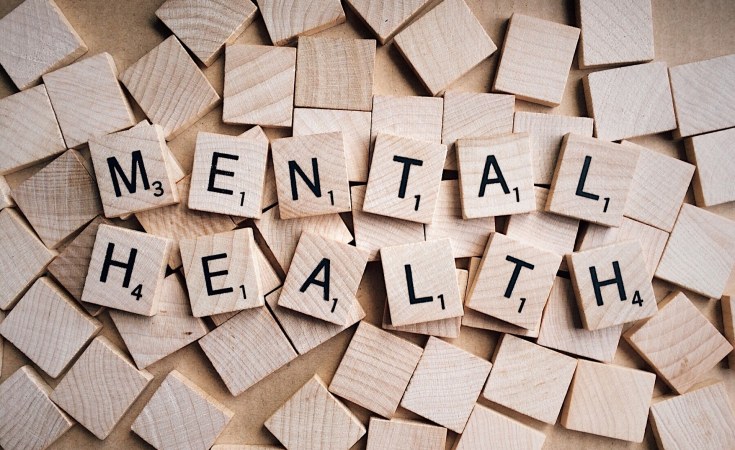In Rwanda, like many other societies, traditional gender roles have often been associated with expectations for men to exhibit strength, stoicism, and emotional restraint. However, studies suggest that this societal expectation may have negative consequences for men's mental health.
According to the World Health Organization (WHO) Health Evidence Network report released in 2020, men are less likely than women to seek help for mental health issues and are much more likely to commit suicide. The main sociocultural barriers to men's help-seeking related to masculinity norms were identified as self-reliance, difficulty in expressing emotions, and self-control.
ALSO READ: Men and mental health: Why it matters that we talk about it
Professor Vincent Sezibera, a lecturer at the University of Rwanda and director of the Center for Mental Health, emphasises that in the Rwandan context, phrases like 'Ba Umugabo' (be a strong man), reinforce societal norms that discourage men from openly expressing their emotions or seeking help for their complaints or distress.
"It's like they don't have the social permission to admit that they are not okay. So, instead of seeking help, men have to find a way to manage the distress by themselves," he said.
Sezibera explained that due to a societal norm that discourages men from showing emotions, such as crying, people often assume they are fine. However, he noted that this perception can be misleading and actually hinders their willingness to seek help.
"For certain disorders such as addictive disorders," he continued, "we observe higher scores among men compared to women. Because they do not seek help, they tend to internalise the suffering and resort to coping strategies that may involve drug use and uncontrolled alcohol consumption."
Addressing the accessibility of mental health services, Sezibera mentioned that although these services are available, some men still refrain from accessing them due to the perception that it indicates weakness and failure, leading to resistance.
According to the 2018 Rwanda Mental Health Survey by Rwanda Biomedical Centre, out of 19,110 participants, 61.7 per cent were aware of mental health services, while only 5.3 per cent reported actually utilising them.
Sezibera said it is important to continue educating and increasing the level of understanding within the general population, not just among men with the goal of helping people recognise that mental illnesses or disorders are conditions that require attention, care, and treatment from qualified professionals.
This, he added, also involves challenging prevailing beliefs surrounding mental health.
ALSO READ: Health experts laud partner efforts to scale up mental health services
Invictus Foundation is one of the organisations raising mental health awareness, specifically targeting men.
According to the chairperson, Christopher Ojiyah Darkins, access to mental health services in Rwanda is limited, particularly in rural areas, which can prevent men from getting the help they need.
He is aware that different men in Rwanda have experienced traumatic events, yet societal expectations around masculinity put pressure on them to be strong and suppress their emotions, which can lead to feelings of isolation and distress.
The organisation offers an online and offline platform that supports men through deep, open, and honest dialogues about the issues they might be struggling with.
Given the unparalleled tragedy experienced by the people of Rwanda, that is the 1994 Genocide against the Tutsi, Darkins said the organisation is focusing on healing the trauma caused.
"Without strong and mentally stable men, society puts an undue burden on our women," he said. "Men should prioritise their mental health and get support if necessary."
Darkins underscored that improving attitudes towards mental health and access to services is crucial for promoting men's mental health in Rwanda.


